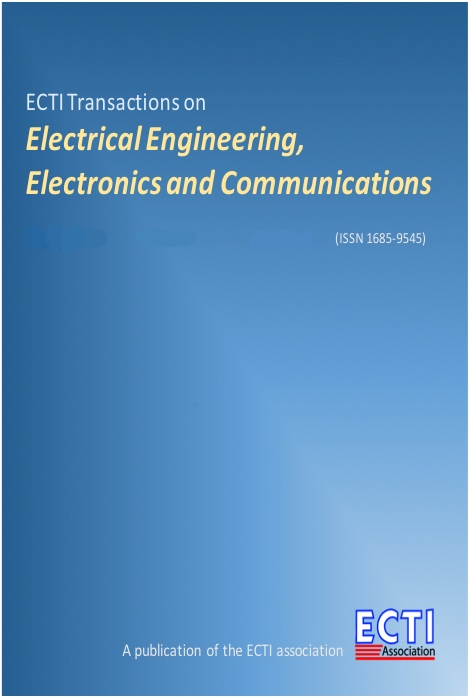Binary Joint Network-Channel Coding for Reliable Multi-Hop Wireless Networks
Main Article Content
Abstract
The high and variable packet loss in wireless networks due to the unreliable nature of wireless channels, interference, link or router failure, fading, and shadowing wireless link are the main problems and challenges in implementing a reliable wireless network. Packet loss probability is the most important performance measure for real-time applications. Packet loss is due to errors, congestion in the queue because of high traffic, collision, hidden nodes, and link failures. In this paper, we focus on the links failure problem. To address this problem, improve the performance of wireless networks, and enhance and make the network survivability and availability more reliable, a new efficient binary joint network and channel coding (B-JNCC) technique is proposed. B-JNCC combines low-complexity parity-check (LCPC) channel coding and the wireless network erasure correcting with router code to detect lost packets to reduce the bit error rate and increase the packet delivery ratio over a wireless multi-access channel. B-JNCC is applied at the receiver node. Simulation results show that the proposed B-JNCC outperforms the binary symbol-wise JNCC, non-binary JNCC (NB-JNCC), and NB separate network-channel coding.
Article Details
This journal provides immediate open access to its content on the principle that making research freely available to the public supports a greater global exchange of knowledge.
- Creative Commons Copyright License
The journal allows readers to download and share all published articles as long as they properly cite such articles; however, they cannot change them or use them commercially. This is classified as CC BY-NC-ND for the creative commons license.
- Retention of Copyright and Publishing Rights
The journal allows the authors of the published articles to hold copyrights and publishing rights without restrictions.


